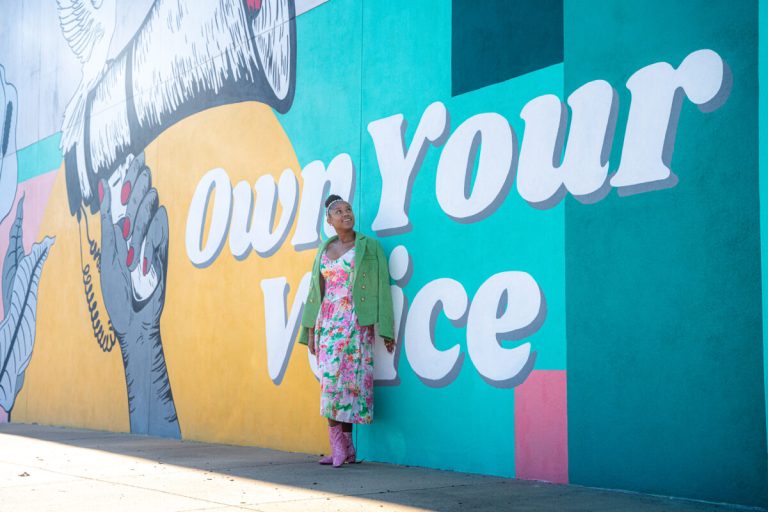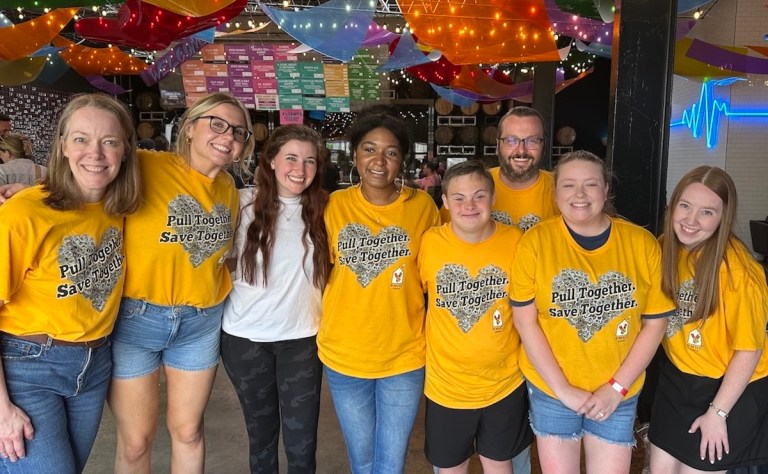Reviewed by: Sharron Swain
How to help others having a mental health crisis—free local training
Reading time: 4 minutes
Sponsored

There are many factors that affect our mental health, leading to anxiety, depression, substance use and more.
But support is within reach for adults, teens and youth in the Greater Birmingham Area with Addiction Prevention Coalition’s Mental Health Awareness Training. All are free and available in-person or online.
Read on to why these trainings are important and you how you can sign up today.
Importance of Mental Health Awareness Training

There are many warning signs that can indicate someone is having a mental or behavioral health crisis.
Some of the most common are:
- Acute psychosis (hallucinations or delusions)
- Agitation
- Anxiety
- Depression
- Panic attacks
- Poor self-care
- Suicidal thoughts or behaviors
- Non-suicidal self-injury
Now, ask yourself this—do I know how to spot these warning signs and the steps needed to get involved?
Many don’t, and that’s okay. This is where Addiction Prevention Coalition’s free Mental Health Awareness Training provides valuable information on how and when to take action.
This training is for everyone—whether you’re a parent, teacher, coach, CEO or other.
Addiction Prevention Coalition offers 2 types of Mental Health Awareness Training

Here’s a look at each:
1. Question Persuade Refer (QPR): Suicide Prevention Training
- What is it: a national suicide prevention strategy for raising public awareness, better identification + referral of people at risk.
- The goal: to reduce suicidal behaviors + save lives by providing innovative, practical and proven prevention training to the community.
- What you’ll learn: How to recognize + communicate with someone who may be experiencing suicidal thoughts or feelings.
2. Mental Health First Aid
What is it: an evidence-based, early-intervention course that teaches participants about mental health + substance use challenges.
There are three Mental Health First Aid courses available:
Adult Mental Health First Aid

For: Ages 18 and over, employers + employees, police officers, hospital staff, first responders + caring individuals.
What you’ll learn:
- How to identify, understand + respond to signs/symptoms of mental health + substance use challenges
- How to interact with a person in a crisis
- Self-care + trauma care first aid
Youth Mental Health First Aid

For: adults, teachers, school staff, coaches, counselors, youth group leaders, parents + all other populations that work with youth
What you’ll learn:
- How to identify + understand the signs of mental health + substance use challenges among children + adolescents ages 12-18
- Common signs + symptoms of mental health challenges in this age group, such as anxiety, depression, ADHD + eating disorders
- Common signs of substance use challenges
- How to interact with a child or adolescent in a crisis
- How to connect youth with the proper help
- Trauma, self-care + the impact of social media on bullying
Teen Mental Health First Aid

For: teens in high school, grades 10-12 (ages 14-18)
What you’ll learn:
- How to identify common signs/symptoms of mental illness, substance use + mental health crises like suicide, among their friends + peers
- How to have open conversations with friends relating to mental illness + addiction with friends
- The impact of school violence + bullying on mental health
- How to seek help when needed
Input from participants

- PARTICIPANT: “As an educator and school counselor working with students and parents for 30 years, this was the most impactful training I had ever attended. It introduced so many factors relating to mental health that I had been seeing in both youth and adults. It explained everything in a way that empowered parents and teens to notice signs and symptoms in those they love and to intervene when help is necessary.”
- PARTICIPANT: “As a school counselor, I knew some of the warning signs of different mental health problems, but I found that the suicide prevention training really helps in understanding the importance of proper communication techniques when talking about such difficult topics.”
Ready to enhance your mental health knowledge and help others? Sign up for Addiction Prevention Coaliton’s free in-person or online Mental Health Awareness Training now.
Sponsored by:




